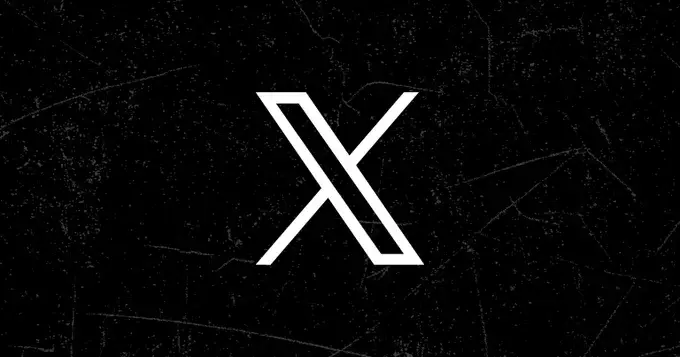In the evolving landscape of technology regulation, the European Commission’s recent ruling regarding X, formerly known as Twitter, raises significant questions about its perceived influence and relevance. Under the EU’s Digital Markets Act (DMA), platforms classified as “gatekeepers” are required to adhere to strict operational obligations designed to foster fair competition. These obligations include allowing interoperability with third-party services and granting business users access to their performance data. The ruling that X does not qualify as a gatekeeper may initially seem beneficial for Elon Musk’s company, as it relieves them of regulatory burdens. However, such a designation often reflects a company’s market power, and the diminished status of X may carry profound implications.
To gain the gatekeeper classification, platforms must meet stringent criteria: they should significantly impact the internal market, facilitate access for businesses to reach their audience, and maintain a steadfast market presence. The EU’s conclusion that X does not satisfy these parameters is a critical indicator of its waning prominence in the competitive digital ecosystem. Reports of a decline in monthly active users in Europe, plummeting from 117 million in August 2023 to 105 million, underscore this trend. Comparatively, Meta’s platforms report around 250 million active users in the EU, illustrating a stark disparity in user engagement and market share that ultimately shapes the broader competitive landscape.
While Musk frames the ruling as a victory for innovation and free speech, one must ponder whether such a narrative accurately reflects the reality at hand. Is the absence of stringent regulations truly a triumph, or does it merely signify that X has lost its foothold in a rapidly evolving digital marketplace?
X’s diminished status as a key player should not be taken lightly. The competitive analysis reveals that rivals like Meta and TikTok are not only garnering greater user engagement but also reaping significant advertising revenues. X’s advertising business is reportedly facing challenges, further accentuating the perception that the platform is becoming less relevant. Regulations typically serve to mitigate risks posed by dominant players; thus, the EU’s decision to exempt X suggests that officials perceive it as lacking the power to manipulate market dynamics to the detriment of smaller competitors.
Musk’s rhetoric about fighting against what he sees as “overreaching bureaucracy” stands in stark contrast to the reality that X’s diminishing market presence might not warrant such governance. The narrative that the platform is standing against regulatory strains may be more about avoiding accountability than championing innovation.
The tech industry is undergoing radical transformation, where consumer preferences and innovations can shift the balance of power overnight. The emergence of new platforms and evolving user expectations means that no player can afford to remain stagnant. The ruling that X is not a gatekeeper may provide temporary reprieve from regulatory oversight, yet it could also signify a larger trend—one where X is increasingly sidelined in favor of competitors who are more agile and aligned with user demands.
This stance, bolstered by user engagement and advertising effectiveness, implies that companies such as Meta and TikTok are better equipped to navigate the complexities of digital markets in the EU. For Musk and X, the focus should shift from celebrating the absence of oversight to implementing strategies that reclaim market dominance and relevance.
As the dust settles on the EU ruling, the real question remains: what lies ahead for X? To navigate a future where competition is only intensifying, X will need to rethink its strategies fundamentally. This includes enhancing engagement metrics, refining its advertising approach, and perhaps more importantly, re-establishing its identity in a space crowded with effective alternatives.
While Elon Musk may herald the EU decision as a victory, it invites a deeper inquiry into what this ruling truly signifies—an acknowledgment of X’s diminished influence and a cautionary reminder of the fast-paced nature of the tech landscape. The road to recovery may be long, but understanding these complex dynamics is the first step in steering X back on course.


Leave a Reply